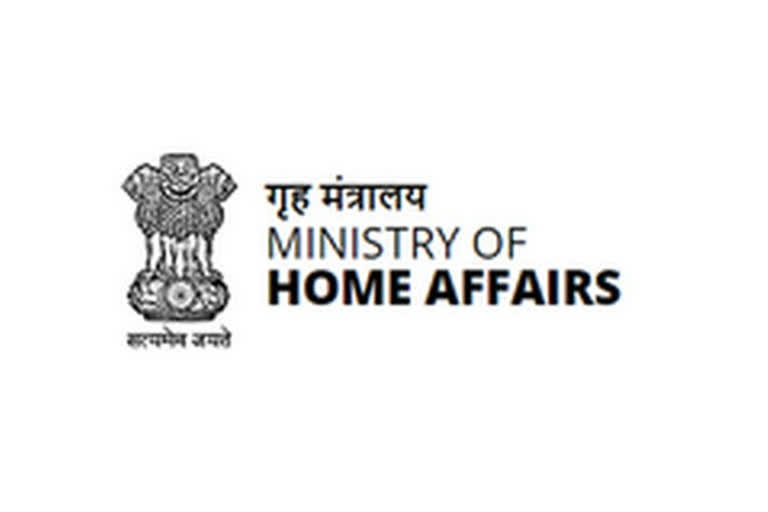New Delhi:The Centre has issued a fresh advisory to states and UTs on mandotary action in cases of crimes against women, and said probe into rape cases must be completed within two months as per law and that dying declaration of a victim can't be discarded merely because it has not been recorded by a magistrate.
The detailed three-page advisory of the Union Home Ministry came days after the alleged gangrape and murder of a woman at Hathras in Uttar Pradesh sparked nationwide outrage.
The home ministry said there should be compulsory registration of an FIR in case of a cognisable offence under the CrPC, and any failure of police to adhere to laid down rules does not augur well for the delivery of justice.
The law also enables the police to register an FIR or a "Zero FIR", in case the crime is committed outside the jurisdiction of police station, in the event of receipt of information on commission of a cognisable offence, which includes cases of sexual assault on women, the ministry said.
"However, even with stringent provisions in law and several capacity building measures undertaken, any failure of police to adhere to these mandatory requirements may not augur well for the delivery of criminal justice in the country, especially in the context of women safety," it said.
"Such lapses, if noticed, need to be investigated into and stringent action taken immediately against the concerned officers responsible for the same," the advisory to states and Union Territory administrations said.
The home ministry told the states and UT administrations that the Section 173 of CrPC provides for completion of police investigation in relation to rape in two months and Section 164-A of CrPC provides that in rape or sexual assault investigation, the victim should be examined by a registered medical practitioner under consent within twenty-four hours from the time of receiving the information relating to the commission of such offence.
The advisory said the Indian Evidence Act, 1872, provides that the statement, written or verbal by a person, who is dead, shall be treated as relevant fact in the investigation when the statement is made by a person as to the cause of his (or her) death or as to any of the circumstances of the transaction which resulted in his (or her) death.
